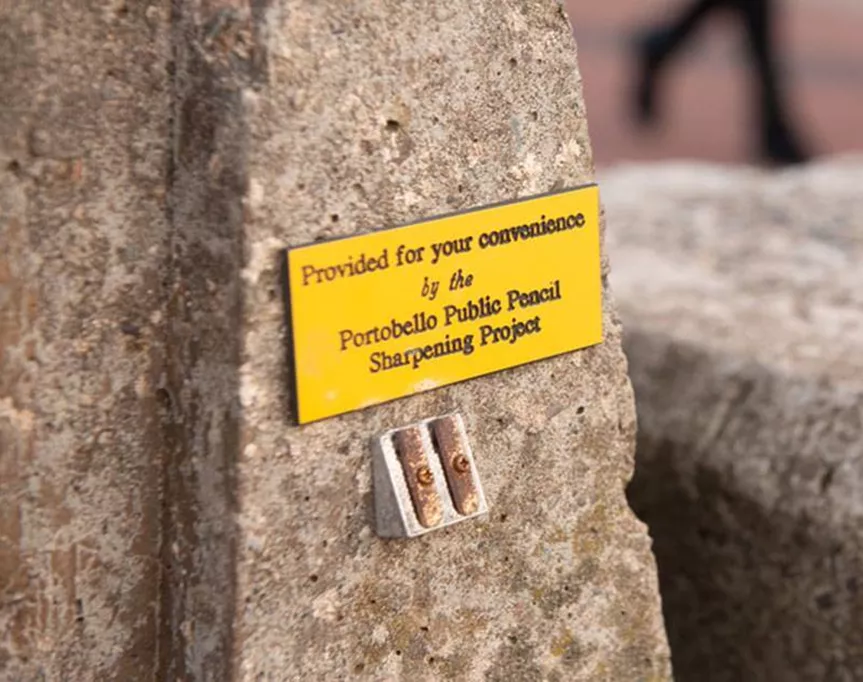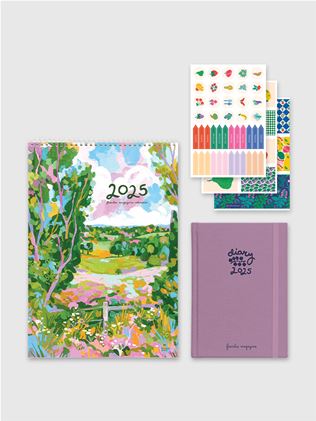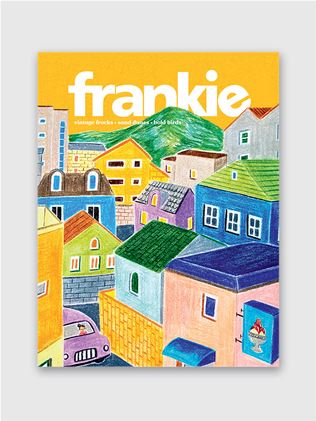how to learn a new language
A few tips for making unfamiliar words stick.
One of the many, many frustrating things about getting old is that you become less good at absorbing and retaining information. In other words, four-year-olds can probably learn French faster than you. But that’s because their brains are basically unquenchable sponges, and they don’t have to worry about stuff like car insurance and root canals.
Unfortunately, science hasn’t (yet) come up with a fast, completely effortless way to learn a new language. You can’t ‘download’ Russian, and listening to Japanese language tapes in your sleep will not make you fluent overnight. But there are a few brain hacks you can use to speed up the process, even if your current vocab only extends to “cow” and “Where is the library?”
IMMERSE YOURSELF Experts agree that this is, hands down, the fastest way to learn a new language. It’s the Emily In Paris approach: you buy a swag of language books, an obnoxious hat, download Duolingo, and then literally move to the country and do your best. Surrounding yourself with the new language – hearing it, speaking it and mangling it every single day – is the most effective way to learn. Of course, it’s not always super-practical, especially these days, with international travel so restricted. You can try ‘immersion light’ by speaking the language at home as much as possible. Get your partner/housemates/cat to join in.
GET FEEDBACK Practice might be the best way to learn a language, but you also need feedback, otherwise you have no way of knowing if “I want to go to the movies” is coming out as “I want to scrub your cheese”. This is where language learning apps, like Duolingo, Babbel and Rosetta Stone can come in handy. These apps will tell you if something is right or wrong, which is a good start. Experts say the trick, though, is to know why something is right or wrong – to learn the underlying structures and grammatical rules. And for that, you need a native (and endlessly patient) speaker.
LISTEN WISELY Studies have shown that listening to a language, even if you don’t understand it yet, can help train your brain. You begin to parse the speech for word sounds, even if you don’t know what those word sounds actually mean. This won’t teach you how to speak Italian, for example, but it can speed up the learning process. Research has also shown that listening to different accents, voices and genders can help with language retention, which is why language apps usually throw multiple characters at you. They’re training your ear to pick up inflections, nuance and cadence.
SPACED REPETITION This is a memory trick that works on almost anything. See, your brain tends to forget information at a fairly predictable rate of decay. To retain new words, you need to ‘top up’ your brain by repeating them at regular intervals. In the beginning these intervals will need to be short: every few hours, twice a day, every day, every two days. As time goes on, your brain forgets more slowly, the information begins to stick, and you can space out the reps. This won’t help much with conversation and grammar, but it does wonders for your vocabulary.
PINCH YOURSELF This one’s controversial, and kind of weird, but according to a study from New York University, your body’s threat response can improve memory function. In other words: more pain, more gain. In the study, scientists gave light (light!) electric shocks to participants for incorrect test responses, and found that it helped them retain information. We’re not saying you need to bust out the electrodes, but a hard pinch every time you forget something might give your memory glands a boost. For a less hardcore approach, have a good friend or trusted work colleague tickle your feet when you make a grammatical mistake. Please email us the results.
These handy tips come straight from the pages of issue 106. To nab a copy, swing by the frankie shop, subscribe from $65 or visit one of our friendly stockists.










.jpg&q=80&w=316&c=1&s=1)

















.jpg&q=80&w=316&c=1&s=1)










